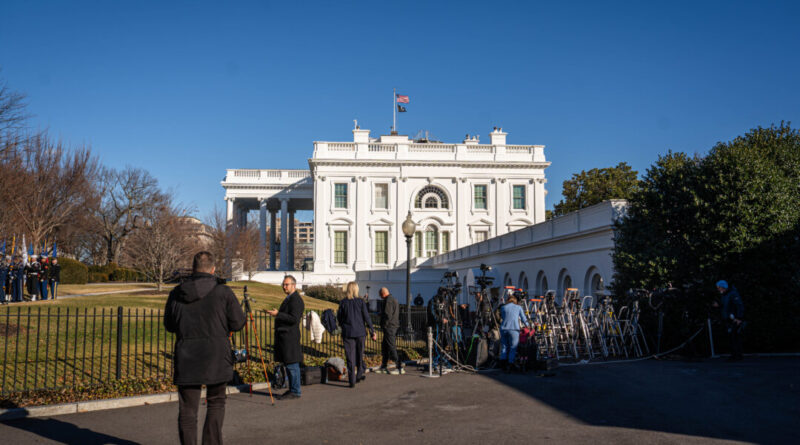Numerous States Seek Court Enforcement of Restraining Order Against Trump’s Funding Freeze
The request indicates that the Trump administration has not adequately followed the court’s ruling.
An alliance of attorneys general from 22 states, along with the District of Columbia, submitted an urgent motion on Friday to enforce a restraining order that prohibits the Trump administration from implementing a funding freeze.
The attorneys general noted they have been witnessing a “constantly shifting array of federal financial assistance that has been suspended, deleted, in transit, under review, and more since the order was issued.”
The motion reveals that the Trump administration has not fully adhered to the order, as access to federal funds associated with the Inflation Reduction Act (IRA) and the Infrastructure, Investment, and Jobs Act (IIJA) continues to be restricted.
These funds encompass $5 billion aimed at assisting states, tribes, and local governments in efforts to reduce greenhouse gases; $117.5 million designated for an air monitoring and research initiative; $4.5 billion for a home electrification and appliances rebate program; and $7 billion for solar energy projects at rooftops and community sites.
The attorneys general reported that as of February 5, grant accounts were still inaccessible for disbursements and federal grantor agencies responded to state inquiries “with receipt-acknowledging non-answers or did not respond at all.” They also noted that meetings with agency grant offices were frequently canceled.
The motion details that the Trump administration argued that some federal funds were not covered by the court order and were frozen following a separate memo from the Office of Management and Budget (OMB), which the states had not contested.
Furthermore, the Trump administration cited “unspecified operational and administrative reasons” for the delays in some funding, as stated in the motion.
The attorneys general indicated that while they do not currently plan to pursue any sanctions, they requested the court to compel the administration to “take every necessary measure to implement the order, including addressing any administrative, operational, or technical barriers to execution.”
The Epoch Times attempted to contact the White House for a statement but did not receive a reply prior to publishing.
McConnell stated that the states had a strong likelihood of succeeding in their lawsuit and noted that Trump breached the Administrative Procedures Act by imposing conditions on funding that Congress required the executive branch to provide.
The attorneys general participating with Jennings in the lawsuit include those from Arizona, California, Colorado, Connecticut, Hawaii, Illinois, Maine, Maryland, Massachusetts, Michigan, Minnesota, New York, Nevada, North Carolina, New Jersey, New Mexico, Oregon, Rhode Island, Vermont, Washington, and Wisconsin.
Report contributed by Sam Dorman.



